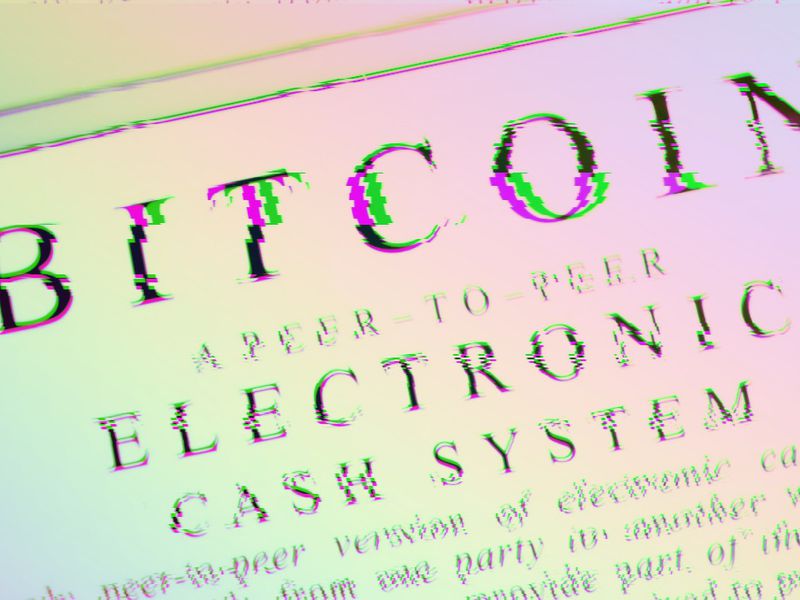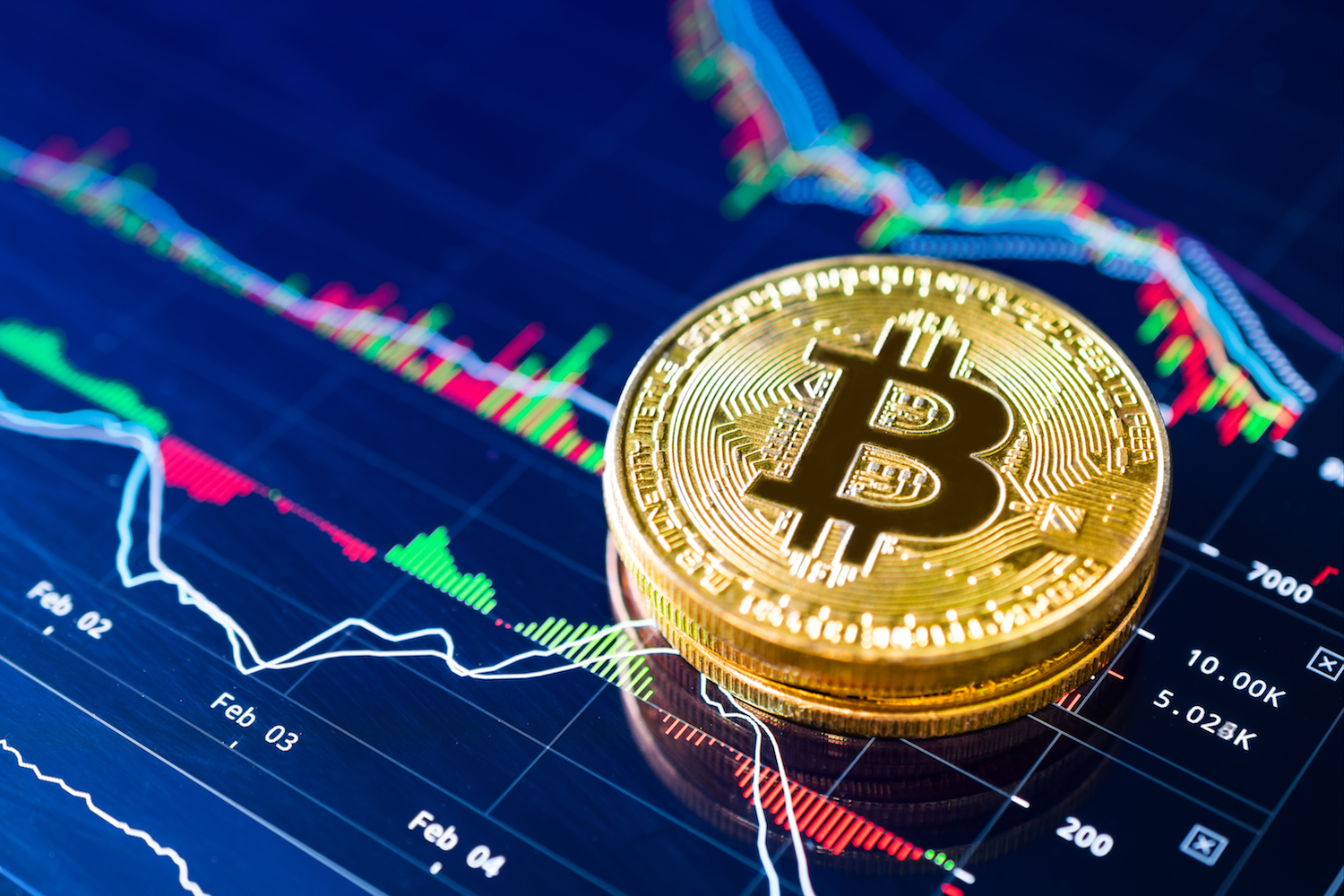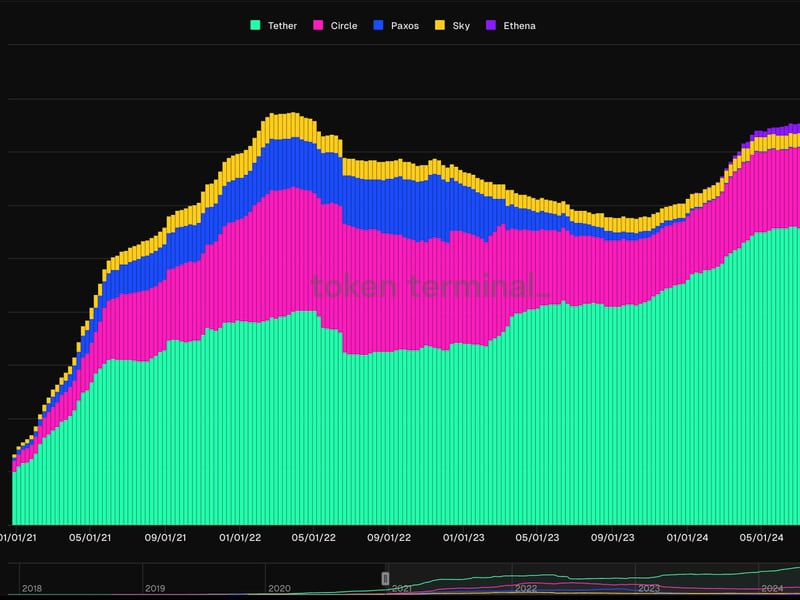Bitcoin Seesaws Back Under $26K After CPI, as Investors Await Fed Rate Hike Decision
Bitcoin at least for a while liked the sound of waning inflation as reflected in Tuesday’s release of the May Consumer Price Index (CPI).
The largest cryptocurrency in market value was recently trading at $25,846, down 0.2% over the past 24 hours and off the higher perch over $26,000 it assumed in the hour after the U.S. Bureau of Labor Statistics announced that the CPI had risen 4%, better than the projected 4.1% and then April’s 4.9%.
BTC has been stagnant below $26,000 for much of the past four days as investors set aside angst about Securities and Exchange Commission (SEC) lawsuits against crypto exchanges Binance and Coinbase, and awaited the latest inflation reading and Wednesday’s Federal Reserve interest rate decision.
The Fed now seems likely to halt its year-long campaign of monetary hawkishness. Just a year ago, the CPI was raging at 8.6%, prompting the Federal Reserve to boost the Federal Funds rate by 75 basis points (bps) and sending risk-on assets spiraling.
“While today is good news for the U.S. economy and Bitcoin, any wobble that may come from tomorrow’s interest rate decision or the looming recession on the U.S.’s horizon is also likely to prove beneficial for crypto assets,” Tim Frost, CEO of digital wealth platform, Yield App, wrote in an email to CoinDesk. “Even altcoins, some of which have lost up to 30% over the past week, will benefit.”
Frost suggested that the SEC suits had delivered “certainty” to markets by ending speculation about whether the agency would take legal action against two of the crypto industry’s most prominent businesses. The suits may also force the courts and regulators to settle on a designation for cryptos as securities, commodities or otherwise.
“With U.S. investors perhaps now largely shaken out of these assets, we could see the beginning of fresh investment in these tokens that is not at all linked to the US economy or US policies,” Frost wrote.
Ether, the second largest crypto by market value, followed BTC’s lead, rising initially before returning some of its gains. ETH was recently changing hands at about $1,735, roughly where it stood on Monday, same time. Among the 19 tokens mentioned in either the Binance or Coinbase suits, or both, ALG AND MATIC, the tokens of the Polygon and Algorand smart contracts blockchains, were recently up 0.3% and 0.8%, while AXIE, the native crypto of gaming platform Axie Infinity, fell slightly. Binance’s BNB token recently increased 3.3%. The CoinDesk Market Index, a measure of the market’s overall performance, was up 0.3%.
Meanwhile, major stock indexes were largely buoyed by the CPI report with the tech-heavy Nasdaq Composite and S&P 500 rising 0.8% and 0.6%, respectively. The yield on U.S. 10-year Treasurys rose to a still robust 3.8%, while Brent crude oil, a measure of energy markets, ticked down slightly to trade at $73 per barrel, well off its soaring heights above $112 a year ago.
In an email to CoinDesk, Oliver Rust, head of product at independent inflation data aggregator Truflation, noted the decline in energy prices and overall inflation readings, and faintly encouraging signs that the hot jobs market was cooling. Unwelcome turns in those macroeconomic indicators have consistently unsettled crypto assets. But Rust also wrote warily that “the economy appears to be trending towards a quarter of negative growth at the very least.”
“The technical definition of a recession is two consecutive quarters of negative growth,” he wrote. “As such, if GDP growth continues declining in Q2, the U.S. will find itself on shaky ground. The Central Bank will be forced to divert its mission from reducing inflation to avoiding a recession, especially with the start of the 2024 US presidential election campaign just around the corner. With interest rates at current levels, we believe this is a realistic goal, but higher rates could end up being the last straw.”
Edited by James Rubin.









